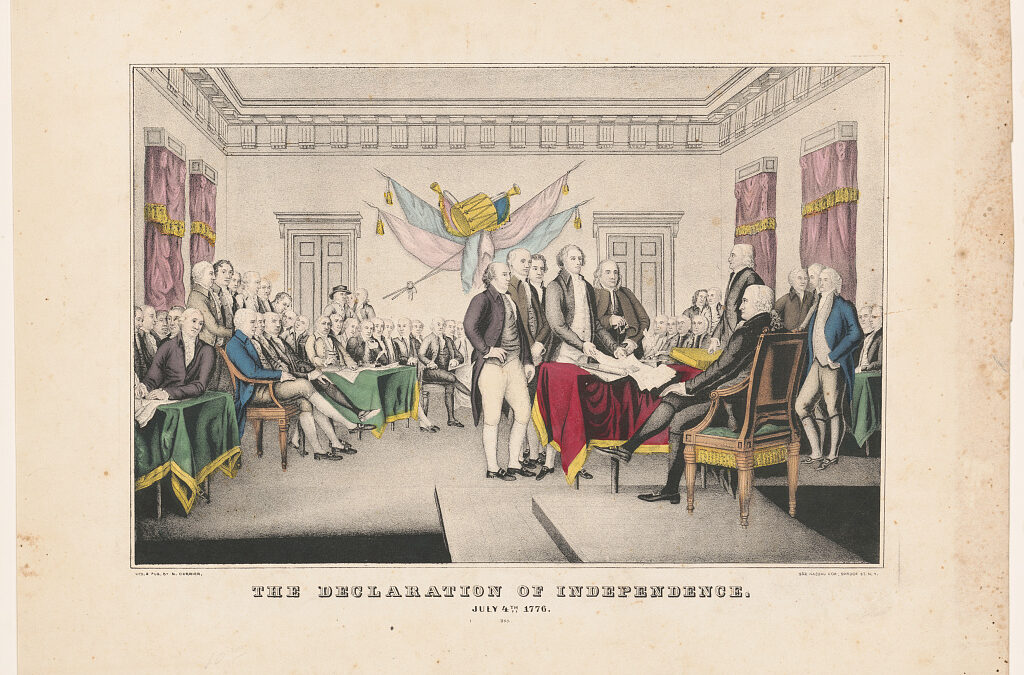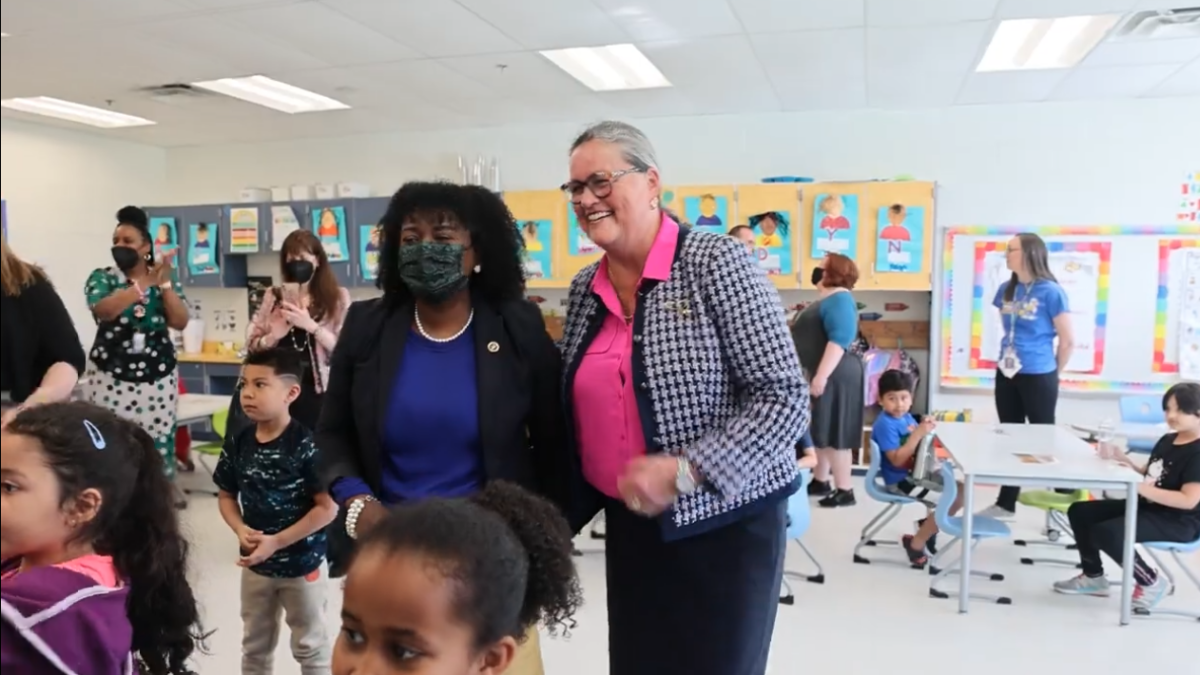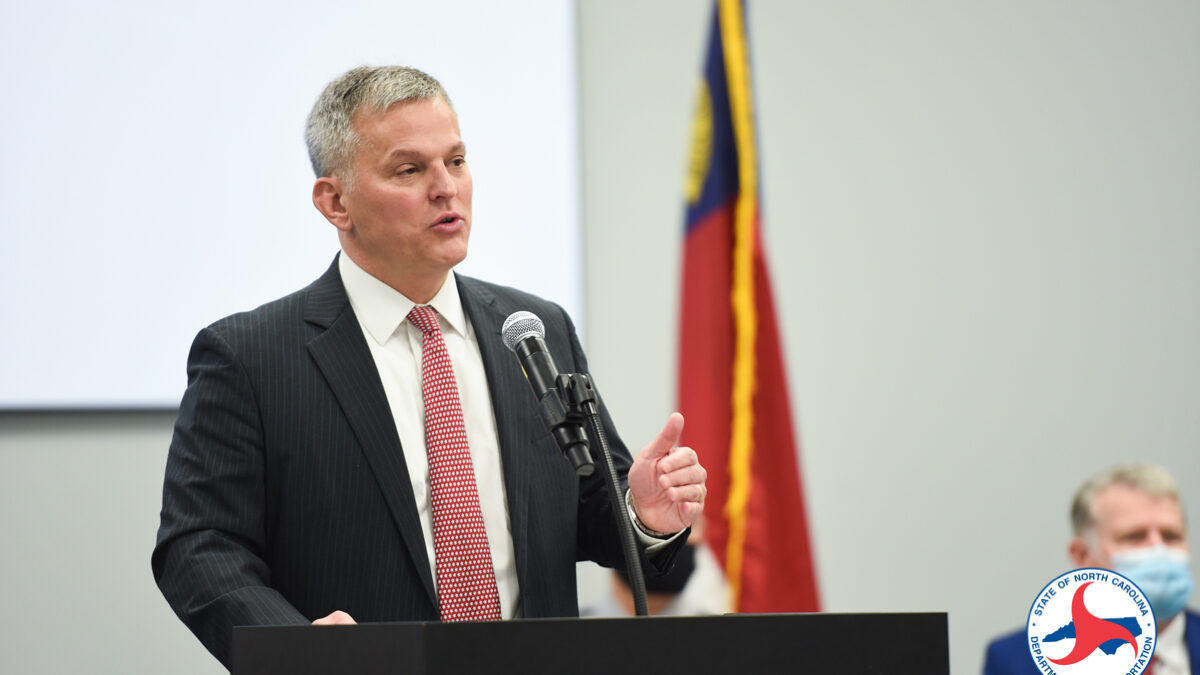Modern education is imploding, especially with the advent of artificial intelligence like ChatGPT. Capable of generating computer code and business plans to jokes, fiction, and interpretations of images, ChatGPT made a splashy debut last year.
Sam Altman, Open AI’s CEO, said, “It is going to eliminate a lot of current jobs” and “Education is going to have to change.”
ChatGPT prompted articles like, “The College Essay is Dead.” It sparked worries for an educational establishment battling declines in academic achievement, costs associated with higher education, and the drop in college-age demographics.
Modern academia advocates education purely for labor, ignoring purposes beyond wage-earning. Few argue that poverty is desirable. Yet everyone knows purchasing power alone does not fully enrich life. Flourishing comes through lives well lived — through fruitful, fulfilling activities and everyday moments enhanced by increased understanding and creativity.
Higher Aims of Classical Education
Classical education pursues higher aims, opposing the modern view. When greater goals are pursued, subordinate goals are also attained.
An obvious example is literacy. When education provides comprehension of challenging material, the capacity to understand instruction manuals follows. But training students to read instruction manuals does not enable them to comprehend more beautiful, demanding, and beneficial writing.
Classical education achieves higher ends that also yield practical outcomes. We should not be afraid to pursue loftier goals because we fear lesser ones will not be achieved.
Modern paradigms pursue utilitarian ends while rejecting higher purposes. As declining academic achievement demonstrates, this has ironically even undermined pragmatic goals.
The Purpose of Education
Classical education embraces “what the Greeks called telos, or an ultimate purpose.” Advocating for the classical telos, W.E.B Du Bois wrote in The Souls of Black Folk, “the true college will ever have one goal — not to earn meat but to know the end and aim of that life which meat nourishes.”
In response to modern education’s dissolution and AI’s rise, classical education proponents must re-articulate its telos and identify its benefits, which enable human beings to live well. Below are four such benefits of classical education.
1. Leisure
In Leisure: The Basis of Culture, Josef Pieper wrote: “The Greek word for leisure … is the origin of Latin scola, German Schule, English school. Both the institutions and the learning mean ‘leisure.’”
For Pieper, leisure is not “time off.” It is a condition of restfulness, observing reality, and living harmoniously with oneself, others, and the world. This is an ambitious aim of learning — of “school.”
AI does the legwork, generates content, frees up time for crossing items off to-do lists, and produces entertainment. But it does not enable the high state of human leisure.
2. Intellectual Freedom
Rather than depending on en vogue dogmas, classically educated people know themselves, explore their own minds and the world they encounter, and apply their understanding with discernment.
“Liberal education has as its end the free mind. … You will not need externally imposed courses, nor marks, nor diplomas, nor a nod from your boss,” classical educator Scott Buchanan wrote.
While AI algorithmically synthesizes material based on enormous amounts of data and opinions that are highly influenced by the most prevalent ideas but not necessarily the most reliable, classical education fosters liberty of authentically human thought, capable of unfettered insight and innovation.
3. Lifelong Learning
Unlike modern methodologies, classical approaches do not impose learning. They recognize learning springs from within each person.
Plutarch wrote in On Listening that “the mind does not require filling … but rather, like wood, it only requires kindling to create in it an impulse to think independently and an ardent desire for the truth.” Classical education seeks to light lifelong fires pursuing transcendent meaning, the mastery of material, and cultivated understanding.
AI fails to light such fires. It regurgitates information, undermining independent human research, reasoning, and reflection. In contrast, classical education seeks to nurture these potent — and widely useful — abilities.
4. Personal Enrichment
Classical education makes life more enjoyable. Religious reformer Martin Luther wrote that there is a “pure pleasure a man gets from having studied. … [H]e can read all kinds of things, talk and associate with educated people, and travel and do business in foreign lands.”
It is pleasant to read and write competently, comprehend effectively, and successfully conduct vocational matters. It is also more rewarding to entertain oneself through imaginative creativity than it is to passively consume entertainment.
These capacities, nurtured by classical education, enrich life — bringing to it pleasure, meaning, and edification. AI, which does “for us” and “instead of us,” undermines the organic growth of these abilities in people.
AI generates passable poetry, but we should hardly be satisfied with that. Studies indicate AI may not only deprive us of the benefits of our own creativity and capabilities, but it may also handicap us as we become less thoughtful and creative.
We should be wary of using AI to do the things that are good to do for ourselves.
Reclaiming Classical Aims
Classical aims engender aspects of a fruitful life: Leisure, freedom, lifelong learning, and enriched experiences all contribute to a life well lived. Modern academia has dismissed these aims. The advent of sophisticated AI strongly suggests the educational establishment should correct course. In pursuing the loftier aspirations of classical education, the liberal arts will rejuvenate academia. This will restore lives well lived.
Altman is correct. Education must change, not by reinventing itself, but by reclaiming the classical telos and cultivating classical aims.









